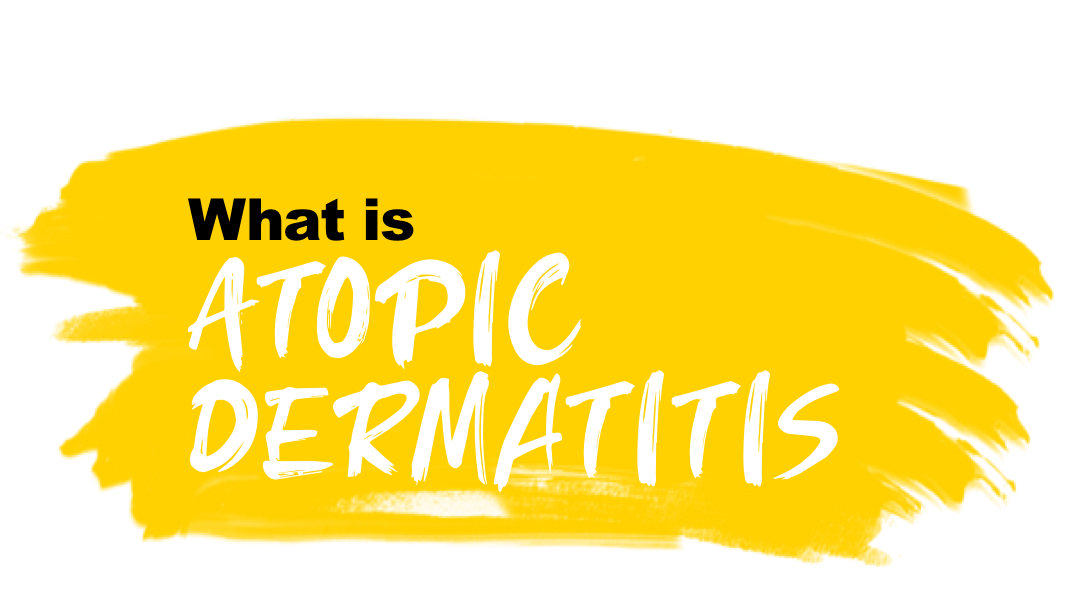
What is Atopic Dermatitis
Atopic Dermatitis (AD), also called eczema (mate harehare), is a common and long term skin condition that causes skin redness, inflammation, dryness, rash and itching. It occurs when your immune system attacks the skin, particularly at your elbow creases, wrists and hands, neck, face, ankles and behind your knees. It is not contagious.
Symptoms and signs of Atopic Dermatitis
Atopic Dermatitis is a disease of the whole body but which manifests in the skin, reducing its antimicrobial function and effectiveness as a barrier to infection and inflammation. It can occur at any age, but symptoms change depending on your stage of life. Symptoms include:
Rash
Itchy, inflamed skin
Cracked, scaly skin
In adolescents and young adults, acute AD usually involves large areas of very itchy, reddened, weeping skin. Over time the skin may become less red, but thickened and scaly. Cracking of the skin can occur.
AD can be mild, moderate, or severe and can improve or get worse periodically.
When AD worsens it is called a flare. During flares the skin may become red, rough, itchy, weepy, or blistered, and is more prone to becoming infected.
Symptoms may also result in:
- Lifestyle restrictions such as choice of clothing3 or pet ownership
- Poor self-image, low self-esteem and decreased social skills, sleep disruption, and psychological effects such as depression.
What causes Atopic Dermatitis?
Atopic Dermatitis is believed to be primarily a disease of the immune system, but numerous factors, including sunlight, exposure to environmental allergens, skin irritants, stress, climate or even infections, can provoke or aggravate symptoms. There is often a family history of eczema, hay fever and/or asthma.